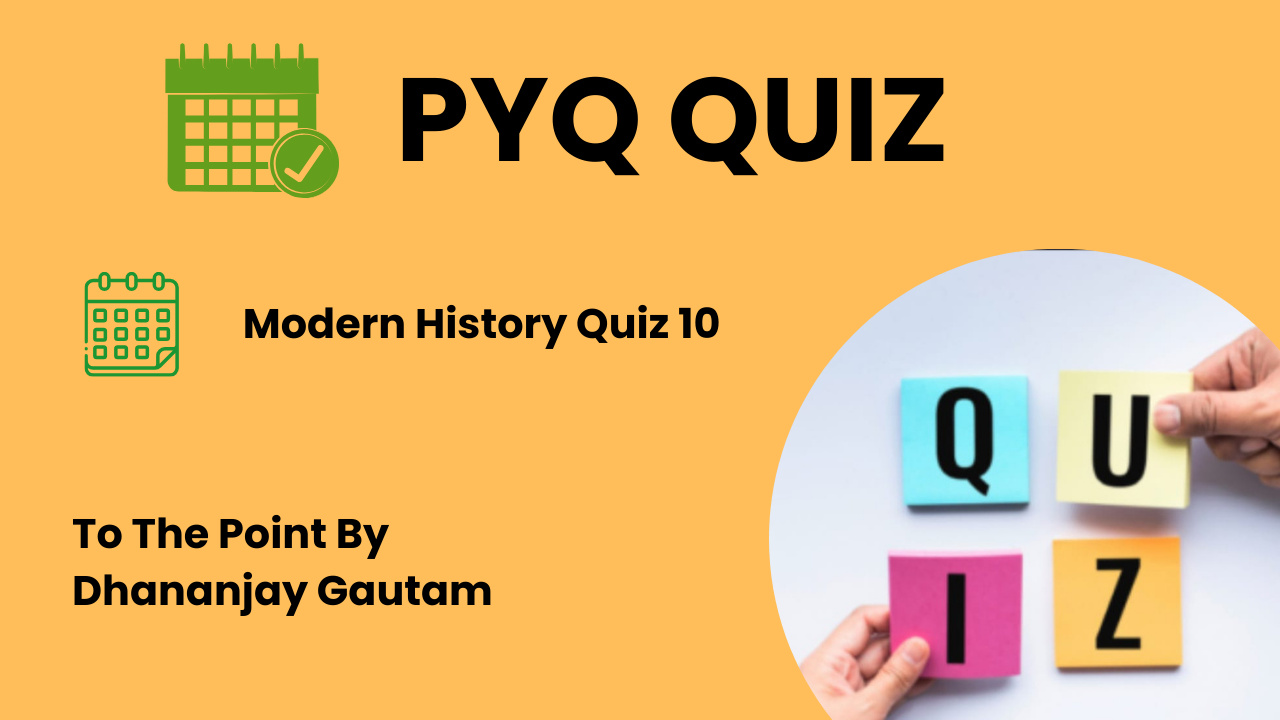

Time’s up
slot siteleri-sahabet-matadorbet-sweet bonanza-güvenilir casino siteleri-deneme bonusu veren siteler 2026-bahis siteleri-güvenilir bahis siteleri-aviator-slot siteleri-casino siteleri-deneme bonusu veren yeni siteler-yeni slot siteleri-matadorbet-sahabet-matadorbet-bahis siteleri-tipobet-sahabet-deneme bonusu veren yeni siteler-güvenilir bahis siteleri-onwin-tipobet-sweet bonanza-güvenilir bahis siteleri-sweet bonanza-aviator-casino siteleri-sweet bonanza-sweet bonanza-aviator-aviator-asyabahis-asyabahis-stake-betboo-betboo-youwin-youwin-superbahis-superbahis-oleybet-oleybet-1xbet-1xbet-artemisbet-artemisbet-limanbet-limanbet-piabellacasino-piabellacasino-baywin-mersobahis-mersobahis-almanbahis-almanbahis-meritbet-pincocasino-pincocasino-hitbet-hitbet-celtabet-celtabet-betano-betano-pusulabet-pusulabet-madridbet-madridbet-mariobet-betmatik-betmatik-betenerji-misty-misty-mostbet-mostbet-bettilt-bettilt-bahsegel-bahsegel-meritking-meritking-holiganbet-holiganbet-bet365-bets10-bets10-casibom-casibom-jojobet-jojobet-marbahis-marbahis-asyabahis-asyabahis-stake-stake-betboo-betboo-superbahis-superbahis-oleybet-oleybet-misli-misli-1xbet-artemisbet-artemisbet-limanbet-limanbet-piabellacasino-piabellacasino-baywin-baywin-mersobahis-mersobahis-almanbahis-almanbahis-pincocasino-pincocasino-hitbet-hitbet-celtabet-celtabet-betano-betano-pusulabet-madridbet-mariobet-mariobet-betmatik-betmatik-betenerji-misty-misty-mostbet-mostbet-bettilt-bahsegel-bahsegel-meritking-holiganbet-holiganbet-betturkey-betturkey-bet365-bet365-bets10-bets10-casibom-casibom-jojobet-jojobet-marsbahis-marsbahis-sweet bonanza-sweet bonanza-aviator-aviator-mariobet-güvenilir casino siteleri-aviator-aviator-aviator-bahis siteleri-bahis siteleri-bahis siteleri-casino siteleri-casino siteleri-casino siteleri-deneme bonusu-deneme bonusu-deneme bonusu-deneme bonusu veren siteler-deneme bonusu veren siteler-deneme bonusu veren siteler-deneme bonusu veren siteler 2026-deneme bonusu veren siteler 2026-deneme bonusu veren siteler 2026-deneme bonusu veren yeni siteler-deneme bonusu veren yeni siteler-deneme bonusu veren yeni siteler-güvenilir bahis siteleri-güvenilir bahis siteleri-güvenilir bahis siteleri-güvenilir casino siteleri-güvenilir casino siteleri-güvenilir casino siteleri-slot siteleri-slot siteleri-slot siteleri-sweet bonanza-sweet bonanza-sweet bonanza-yeni slot siteleri-yeni slot siteleri-yeni slot siteleri-stake-stake-asyabahis-asyabahis-betboo-betboo-youwin-superbahis-superbahis-oleybet-oleybet-misli-misli-1xbet-artemisbet-1xbet-artemisbet-limanbet-limanbet-piabellacasino-piabellacasino-baywin-mersobahis-mersobahis-almanbahis-almanbahis-meritbet-meritbet-pincocasino-pincocasino-hitbet-hitbet-celtabet-celtabet-betano-pusulabet-pusulabet-betenerji-betenerji-misty-misty-mostbet-mostbet-bettilt-bahsegel-bahsegel-meritking-meritking-holiganbet-holiganbet-bet365-bet365-bets10-casibom-casibom-jojobet-jojobet-marsbahis-marsbahis-enbet-enbet-enbet-enbet-enbet-enbet-deneme bonusu veren siteler-bet365-canlı casino siteleri-canlı casino siteleri-canlı bahis siteleri-gates of olympus-gates of olympus-kaçak iddaa-kaçak iddaa-kaçak bahis-yeni slot siteleri-yeni slot siteleri-sweet bonanza-sweet bonanza-slot siteleri-slot siteleri-güvenilir casino siteleri-güvenilir casino siteleri-güvenilir bahis siteleri-güvenilir bahis siteleri-deneme bonusu veren yeni siteler-deneme bonusu veren yeni siteler-deneme bonusu veren siteler 2026-deneme bonusu veren siteler-deneme bonusu veren siteler-deneme bonusu-deneme bonusu-casino siteleri-casino siteleri-bahis siteleri-aviator-aviator-enbet-yeni slot siteleri-yeni slot siteleri-sweet bonanza-sweet bonanza-slot siteleri-slot siteleri-kaçak iddaa-kaçak iddaa-kaçak bahis-kaçak bahis-güvenilir casino siteleri-güvenilir casino siteleri-güvenilir bahis siteleri-güvenilir bahis siteleri-gates of olympus-gates of olympus-deneme bonusu veren yeni siteler-deneme bonusu veren yeni siteler-deneme bonusu veren siteler 2026-deneme bonusu veren siteler 2026-deneme bonusu veren siteler-deneme bonusu veren siteler-deneme bonusu-deneme bonusu-casino siteleri-casino siteleri-canlı casino siteleri-canlı casino siteleri-canlı bahis siteleri-canlı bahis siteleri-bahis siteleri-bahis siteleri-aviator-aviator-